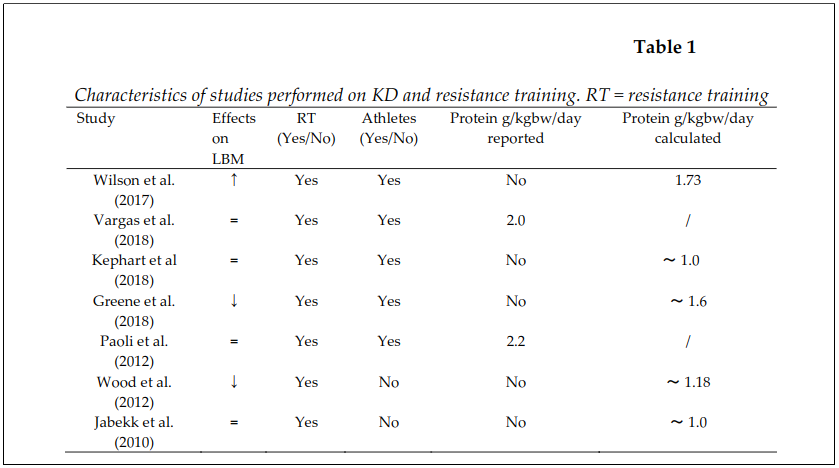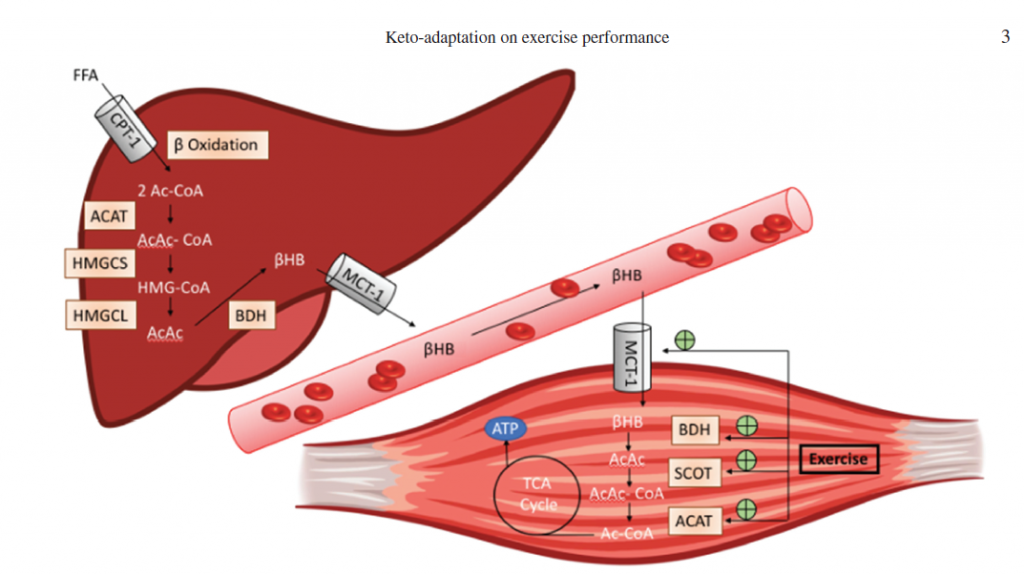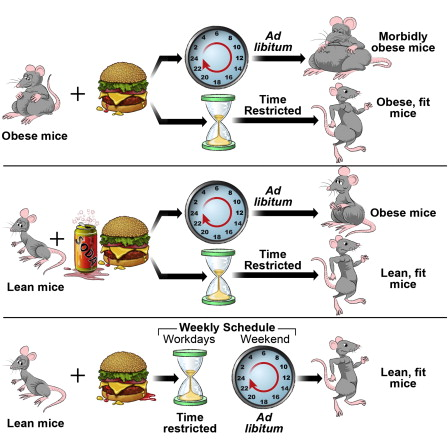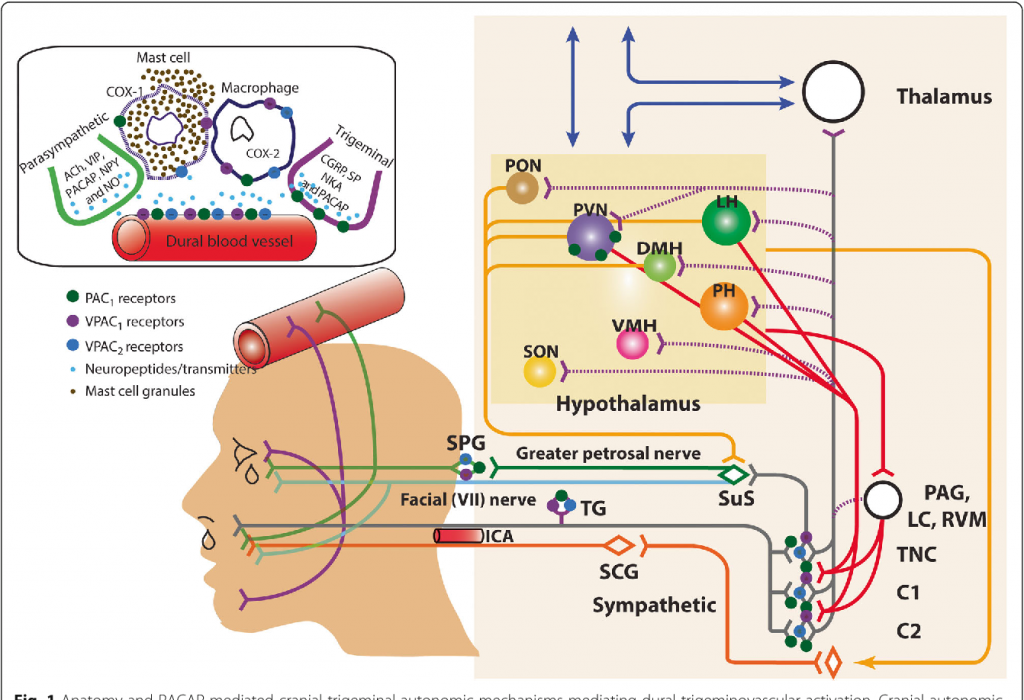or nicotinamide mononucleotide (NMN)
There is some banter about which is the better NAD+ precursor, but I don’t think it really matters. They are interconverted in vivo and cost about the same…
NR has been studied in both humans and rodents whereas NMN research is primarily rodents. I’m usually biased toward human studies, but again, I don’t think it matters in this #context.
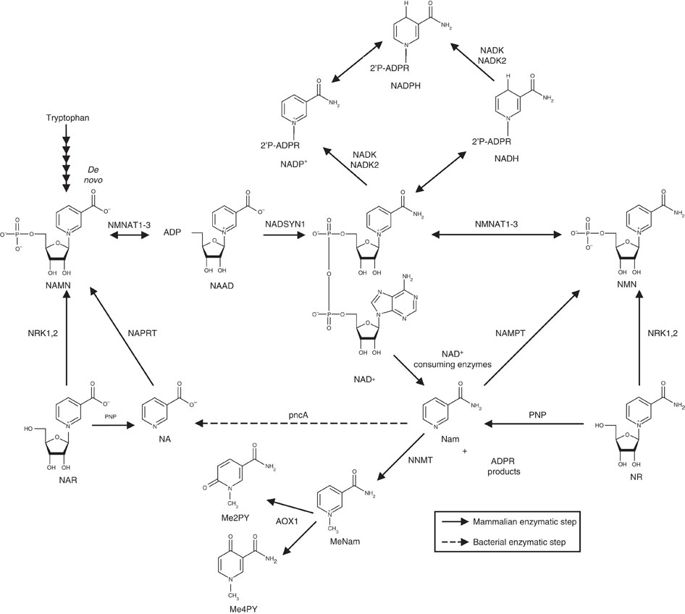
Why NAD+ ?
Because OMG all of the animal studies! It’s like resveratrol all over again…
oh wait…
But seriously, old mice given either NAD+ precursor look like young mice by nearly every measure. NR and NMN have never been directly compared, but both produce equally positive effects in the various rodent models in which they’ve been tested.
And I’m fairly well-convinced NAD+ levels do decline with age…
Anyone gonna try NR or NMN? Let me know in the comments!
For the rest of this article and more, head over to Patreon! Join the community for up-to-date information about a variety of topics in the health & optimizing wellness space. Five bucks a month for access to this and all previous articles. It’s ad-free and you can cancel if it sucks
For personalized health consulting services: drlagakos@gmail.com.
Affiliate links: Still looking for a pair of hot blue blockers? TrueDark is offering 10% off HERE and Spectra479 is offering 15% off HERE. Use discount code LAGAKOS for a deal on CarbonShades. If you have no idea what I’m talking about, read this then this.


